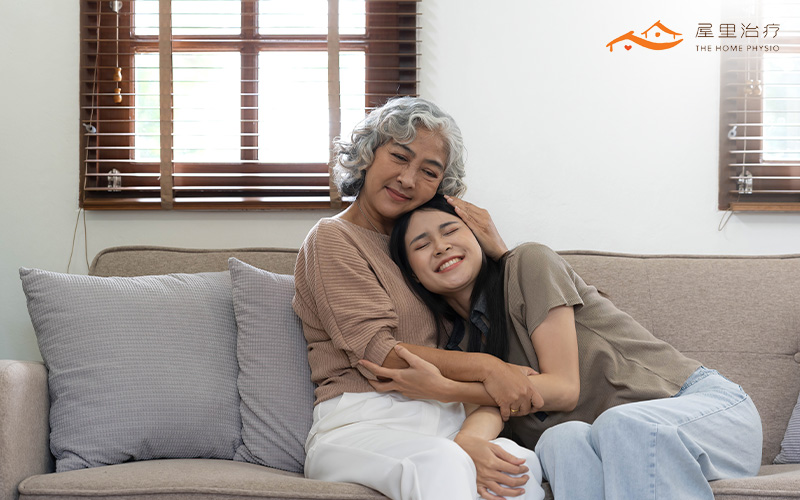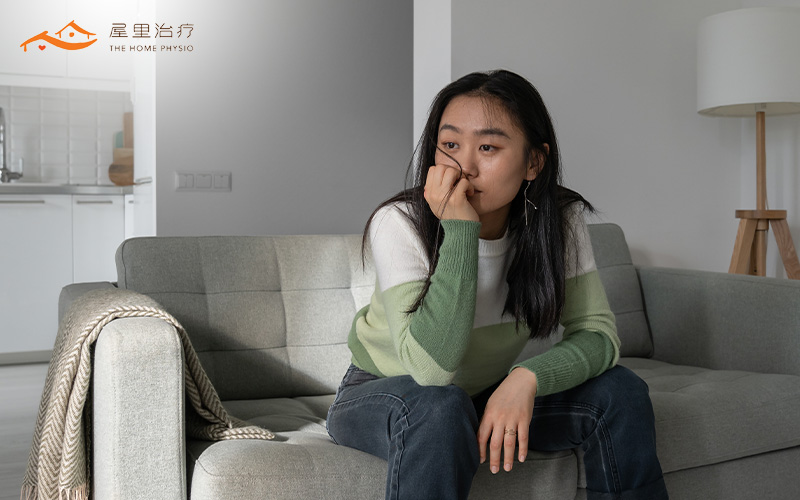Key Takeaways
- Taking care of the elderly at home involves more than just physical assistance—it includes emotional, medical, and environmental support.
- Be prepared to manage daily caregiving responsibilities such as mobility support, medication tracking, and making home modifications to ensure safety.
- Prioritising emotional and social well-being helps reduce isolation and supports a more meaningful daily routine.
- Caregiving can lead to fatigue and burnout, so support for caregivers is crucial for long-term sustainability.
A Practical Guide to Taking Care of Elderly Loved Ones at Home

Choosing to take on the responsibility of looking after an older loved one is rarely made lightly—it is often an act of love, respect, and hope for a better quality of life. At the same time, taking care of the elderly at home can test your limits without the right preparation. By setting realistic expectations, you can provide better care and protect your own well-being as well.
Here’s what you need to know when preparing to care for your ageing parent, grandparent, or spouse at home—and how to make sure everyone involved receives the support they need.
1. Meeting the Physical Demands of Home Care
One of the first things to consider when taking care of the elderly at home is their physical mobility. Age-related conditions or recent surgeries often lead to decreased balance, muscle weakness, or slower reflexes. This increases the risk of falls and makes daily tasks like walking, bathing, or getting out of bed more difficult.
Physiotherapy, simple home exercises, and mobility aids like walkers or handrails can help. Home-based physiotherapy services may also support recovery and improve function over time while allowing your loved one to stay in a familiar, comfortable environment. However, it is important to consider the cost of in-home care for elderly individuals, as expenses can vary depending on the level of support required.
2. Managing Prescriptions and Tracking Health Changes
Medication management will be a routine but essential aspect of your home caregiving responsibilities. You’ll need to track prescriptions, administer dosages, and monitor for side effects or changes in symptoms. It is also important to coordinate medical appointments, tests, and follow-ups.
Having a system in place, such as a medication schedule or health diary, can help reduce errors and ensure your loved one receives consistent care. You may also consider digital tools or apps to simplify tracking. If you are unsure, it’s best to speak with a healthcare professional before making any adjustments.
3. The Emotional Side of Elder Care
As our loved ones age, emotional changes can arise, often triggered by loneliness, memory decline, or a growing sense of dependence. Taking care of the elderly at home is not just about meeting physical needs—it also means nurturing their emotional and social well-being.
Simple, consistent gestures, like meaningful conversations, light activities, or visits from friends and family, can go a long way in lifting spirits. Make sure to involve your loved one in everyday decisions, no matter how small, to help them feel valued and more connected to their daily lives.
4. Adapting the Home for Safer Daily Living
Ensuring the home is both safe and accessible lays the foundation for effective care. As your loved one’s needs change, you may need to make practical adjustments around the house. These can include installing grab bars in the bathroom, removing loose rugs, adding night lights, or rearranging items to minimise bending and reaching.
These changes don’t have to be costly, but they can make a significant difference in preventing falls and accidents. Taking a proactive approach to home safety can reduce risks and support greater independence.
5. Managing Burnout and Finding Balance

Caregiving can take a toll on your physical and mental health, especially if you are juggling work or other family commitments. It is not uncommon to feel overwhelmed, exhausted, or uncertain about whether you’re “doing enough.”
Identifying caregiver burnout early is an important step toward protecting your own health. Seeking support—whether through respite care, connecting with others in similar situations, or attending a caregiver training course in Singapore—can make a meaningful difference. These programmes can equip you with practical skills and knowledge to provide safer, more confident care for your elderly loved ones at home.
Conclusion: Supporting Your Loved One and Yourself
Taking care of the elderly at home is a meaningful but big commitment. From mobility challenges to emotional changes and home safety needs, the responsibilities can be wide-ranging. But with the right preparation, knowledge, and support, you can provide compassionate and effective care—all while safeguarding your own well-being as a caregiver.
The Home Physio offers in-home physiotherapy services tailored to your loved one’s specific needs, helping you provide effective care in the comfort of your home. If you are looking to better support their daily needs, our caregiving training courses offer comprehensive, individualised learning to suit your unique situation. Conducted in English or Chinese, these sessions are held 2 to 3 times a week and focus on helping you understand your loved one’s condition and develop the appropriate skills with confidence.
Have any questions or want to learn more? Get in touch with us today.
